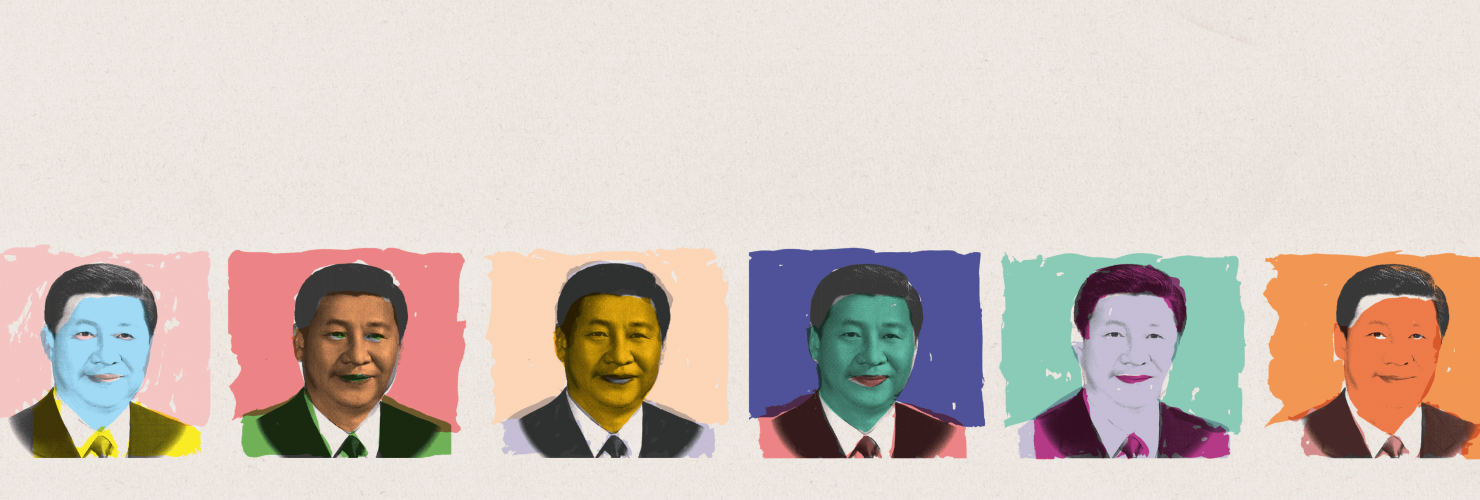

China’s core executive
Leadership styles, structures and processes under Xi Jinping
Since Xi Jinping took the reins of the Chinese Communist Party and as President of the People’s Republic of China, the country’s domestic and foreign politics have undergone considerable changes. China has become more assertive as an international actor. It has launched new diplomatic initiatives centring on large infrastructure projects, while at the same time contributing to tense relations with many of its neighbouring countries. At home, several pieces of security-related legislation have further constrained the activities of both domestic as well as foreign civil actors.
Participating scholars’ expertise covers a wide variety of issue areas, ranging from economic policy making to cyberspace politics, and from societal control to military modernization. MERICS Paper on China No. 1 - “China’s core executive: leadership styles, structures and processes under Xi Jinping”, edited by Sebastian Heilmann and Matthias Stepan, is an essay collection which offers the most comprehensive, authoritative and up-to-date account of the changes to China’s core executive under Xi Jinping through its analysis of developments in different policy areas. One observation is dominant – China has moved in further in the direction of top-down, autocratic policy making.
The authors – among them renowned experts such as Roderick Mac Farquhar, Barry Naughton, Joseph Fewsmith, You Ji, Victor Shih, and Anthony Saich – discuss the effects of this on current policymaking and policy outcomes, as well as offering a thought-provoking look into the future. What happens if Xi Jinping fails with his overall reform agenda? What if he succeeds in strengthening the control of the party and in restructuring the Chinese economy? Will China’s IT-backed authoritarianism act as a model and spread to other countries, challenging Western democratic modes of governance? Whatever the future holds, such developments will have implications not only for China, but for all its close economic and political partners.

